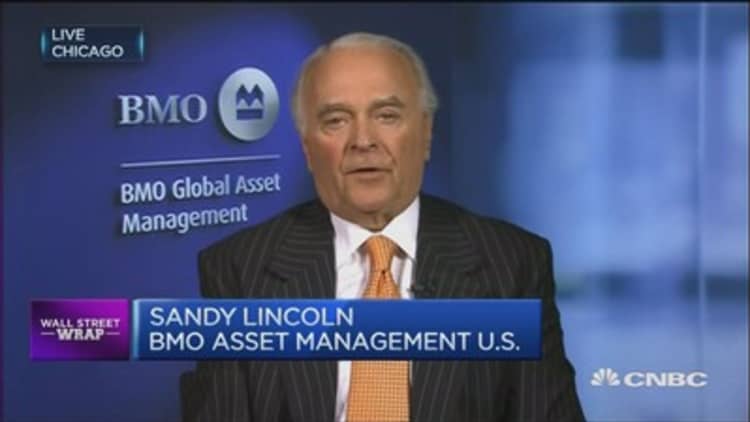Oil's rally has helped two of Asia's most battered currencies make up much-needed ground against the dollar.
Malaysia's ringgit and the Indonesian rupiah, whose fortunes are closely tied to energy prices, have both been well behaved in recent days.
The Indonesian rupiah Wednesday climbed to 14,030 against the greenback, from 14,645 on September 30. The ringgit, meanwhile, rose to 4.335 against the dollar from 4.394 a week earlier.
The moves reflect a recovery in oil prices. The global oil benchmark, Brent Crude, was up 0.7 percent at $52.28 in Asian trade on Wednesday, following overnight gains of more than 4 percent.
Malaysia and Indonesia are big oil exporters so perceptions of their economies typically sway in tandem with commodity markets.
As oil prices have nudged higher recently, the pressure on currencies in these countries has abated somewhat.
This respite may prove temporary though given stuttering growth, some analysts reckon. Malaysia also has to contend with a simmering political scandal.
"After such a dismal Q3 performance, a correction is not unusual. But an emerging market rally built on weaker growth prospects is an unsustainable equilibrium," said Jason Daw, a foreign exchange strategist at Societe Generale in a note.

In a report on Tuesday the International Monetary Fund (IMF) trimmed its forecast for global growth in 2015 to 3.1 percent, down by 0.2 percentage points from its July forecast.
Market volatility caused by unsteady commodity prices, falling capital flows and currency pressures were expected to persist, the .
Early last week, Indonesia's currency hit its lowest levels against the dollar since July 1998 when it fell to 14,730, according to data from Reuters.
Read MoreIs Indonesia's consumer stronger than its currency?
Until the recent bounce, the rupiah had been steadily declining against the dollar this year, as oil prices fell and capital continued to flow out of emerging markets on concerns about China's economic slowdown and the uncertainty around U.S. monetary policy.
Similarly the Malaysian currency had also been falling against the dollar since August. Malaysia is currently transfixed by the malaise involving its sovereign wealth fund 1MDB, leading to speculation that potential political instability is fueling capital outflows.


